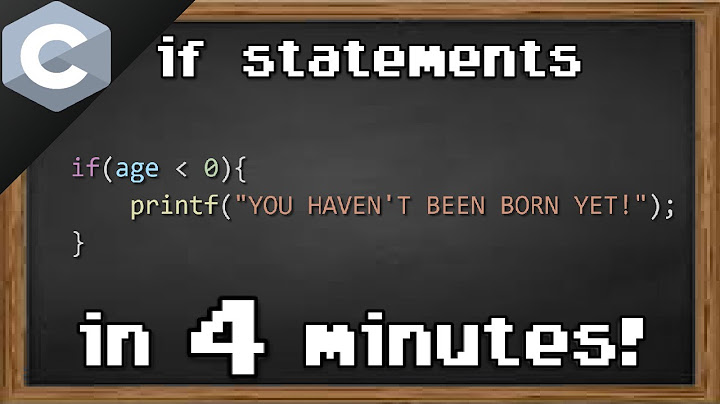Presentation on theme: "3. Groups Consists of two or more people who interact frequently and share a common identity and feeling of interdependance."— Presentation transcript: 1 3. Groups Consists of two or more people who interact frequently and share a common identity and feeling of interdependance. Show
2 Primary and Secondary Groups
3 Secondary Group: Larger, more specialized group in which members engage in more
impersonal, goal-oriented relationships for a limited period of time. Examples: Church, schools, work 4
Formal Organization: is a highly structured group formed for the purpose of completing certain tasks or achieving certain goals. Examples: Universities, corporations 5 Social Institutions Textbook Work 6 A. SOCIAL INSTITUTION: A set of organized beliefes and rules that establish how a society will attempt to meet it’s
basic social needs. 7 B. What is the difference between groups and social institutions? 8 C. 5 Essential tasks performed by social institutions: 9 D.How do conflict theorists view social institutions?
A socially defined position in a group or in society. A small group of people who interact over a relatively long period of time on a direct and personal basis. the network of interrelated statuses and roles that guide human interaction a group in which interaction is impersonal and temporary in nature a large, complex secondary group that operates according to specific rules and procedures interaction undertaken in an effort to receive a reward or a return for their actions a set of people who interact on the basis of shared expectations and who possess some degree of common identity the tendency of organizations to become increasingly dominated by small groups of people a place where people interact with one another regularly on the internet theory that holds that people are motivated by self-interests in their interactions with other people occurs when a person has difficulty meeting the role expectations of a single status a typically non profit organization which is formed to pursue some common interest is a a state of balance between cooperation and conflict the deliberate attempt to control a person by force, to oppose someone, or to harm another person Statuses and their related roles determine the structure of the various groups in society. When these statuses and roles are organized to satisfy one or more of the basic needs of society, the group is called a(n) When people interact in an effort to receive a reward or a return for their actions, a(n)____ has taken place. Which of the following are examples of achieved statuses? One status tends to take rank above all others. This status that plays the greatest role in shaping a person's life and determining his or her social identity is called a(n) The socially determined behaviors expected of a person performing a role are called Sociologists call the different roles attached to a single status a(n) The specialization by individuals or groups in the performance of specific economic activities is People who influence the attitudes and opinions of others are said to be T/F Rationality involves people sharing the same values and performing the same tasks. T/F A voluntary association is typically a nonprofit organization formed to pursue some common interest. T/F Accommodation is a state of balance between cooperation and conflict. T/F Competition occurs when two or more people or groups oppose each other to achieve a goal that only one can attain. T/F Role conflict occurs when fulfilling the role expectations of one status makes it difficult to fulfill the role expectations of another status. T/F Competition occurs when two or more people work together to achieve a goal that will benefit more than one person. T/F The in-group represents people that interact with one another regularly on the internet. T/F The out-group is the web of relationships that is formed by the sum total of a person's interactions with other people. T/F The socially determined behaviors expected of a person performing a role are called role performances. T/F Ascribed statuses are not based on an individual's abilities, efforts, or accomplishments T/F Individuals acquire an achieved status through their own direct efforts. T/F A triad is a group with two members. What is a set of people who interact on the basis of shared expectations and who possess some degree of common identity?Groups have a common identity but not shared expectations. A set of people who interact on the basis of shared expectations and who possess some degree of common identity. A small group of people who interact over a relatively long period of time on a direct and personal basis. A triad is a group with two members.
What is it called of if two or more humans who interact with one another share similar characteristics and collectively have a sense of unity?In the social sciences, a social group can be defined as two or more people who interact with one another, share similar characteristics, and collectively have a sense of unity. Regardless, social groups come in a myriad of sizes and varieties. For example, a society can be viewed as a large social group.
Is a group of people who interact with one another?A social group is a collection of people who interact with each other and share similar characteristics and a sense of unity. A social category is a collection of people who do not interact but who share similar characteristics.
Do groups have shared expectations?A group is a set of two or more people who share common identity, interact regularly, and have shared expectations (roles), and function In their mutually agreed upon roles.
|

zusammenhängende Posts
Werbung
NEUESTEN NACHRICHTEN
Werbung
Populer
Werbung

Urheberrechte © © 2024 toptenid.com Inc.


















